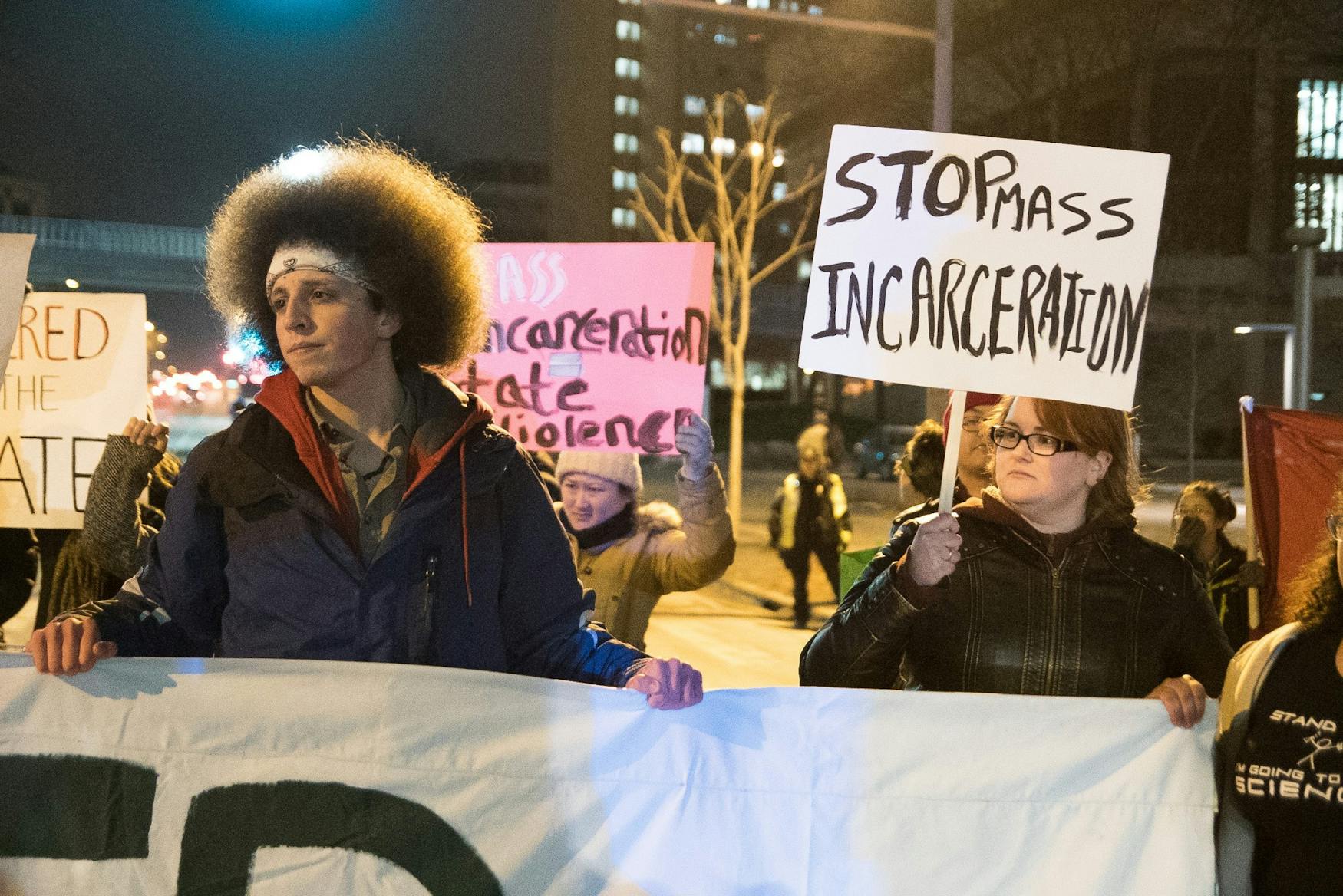Mass incarceration: how did we get here?
Editor's Note: This article contains information from a source who chooses to remain anonymous. To protect their confidentiality, the writer has used the pseudonym 'Ethan Clark'.
When I was originally crafting this piece, I set out to create a piece that covered the re-entry journey of formerly incarcerated people, but that all changed when I met Ethan Clark. Clark is a Black man from Detroit in his twenties, who up until last week had been in a maximum-security prison for the past five years. I waited in anticipation as the phone rang, I had a slew of questions for him: What was he looking forward to now that he was free? What does he intend to do with the rest of his life? How does it feel to finally be able to see his loved ones?
My notepad filled with questions shrunk in my hand when he answered the phone. The first words to leave his mouth were not an excited exclamation about his newfound freedom, it was a recounting of his experience with police brutality. “I’m going to tell you right now. The officers in prison don’t treat you like a human being.” Clark’s story of being treated as a sub-human is not an isolated event, as countless people have attempted to sue prisons for mistreatment.
Prison is often advertised as a place for rehabilitation but oftentimes doesn’t meet this goal. Instead, people are left with the task of trying to re-enter society without a safety net. They are often turned down from jobs, as employers deem them to be dishonest and a liability, this in turn decreases their ability to secure safe and proper housing. In conjunction from experiencing trauma in prison and a lack of a safe place, their rate of recidivating increases. So, how did it get so bad in the first place? How did the United States become the country with the largest incarceration rates in the world?
Rosalind Kabrhel, the chair of the Brandeis Legal Studies Program, walked me through the history of mass incarceration in the US. It dates way back to the nineteenth century, when slavery was abolished, Black codes criminalized Black people from selling crops without permission from white people, or even walking “without purpose,” and assembling after dark.
Prior to the Civil War, Black people were considered three-fifths of human under the U.S. Constitution. But even after the end of slavery following the Constitutional amendments passed in the wake of the Civil War, Black people were often treated inhumanely by the legal and criminal justice system.
She explained to me that mass incarceration truly took over America starting in the 1970s when President Richard Nixon declared the War on Drugs. The laws developed during this time targeted Black and brown communities, and people between the ages of 18 and 25 started moving into prisons in droves.
This “war” is still the longest war in American history, as it has carried over into every presidential administration that has followed. “The sentence never ends, especially for those who have drug law violations.” She somberly explained to me that due to the laws in place it is virtually impossible for people to find jobs, housing, or a stable environment making it more than likely they will go back to prison or become homeless.
When I asked her about the misconduct of those in charge of prisons, she revealed that lobbyists vehemently fight against prison reform, which derails progress and change needed to make prison a more equitable and just place. This formed another question in my mind: Who exactly is allowed to vote for these laws and officials and who is not?
John Shattuck, the former United States Assistant Secretary of State for Democracy, met with me over a Zoom call to delve into voting rights across the country. He illustrated the current political landscape of America, and how the Republican Party is pushing voter suppression laws in the name of avoiding “voter fraud” despite not having sufficient evidence of this problem. Shattuck also explained that felons are not allowed to vote in numerous of former slave states, and even in more progressive areas felon voter disenfranchisement still runs rampant. But he believes that this endangers democracy “everyone should have the most basic right to vote in this country” he said.
In November of 2022, the senate elections will be held as Americans cast their votes for those who will represent their states. It is not only crucial to consider the people who will not be heard and represented, but it is imperative to uplift their voices so that people can push for restorative justice and prison reform.



Please note All comments are eligible for publication in The Justice.